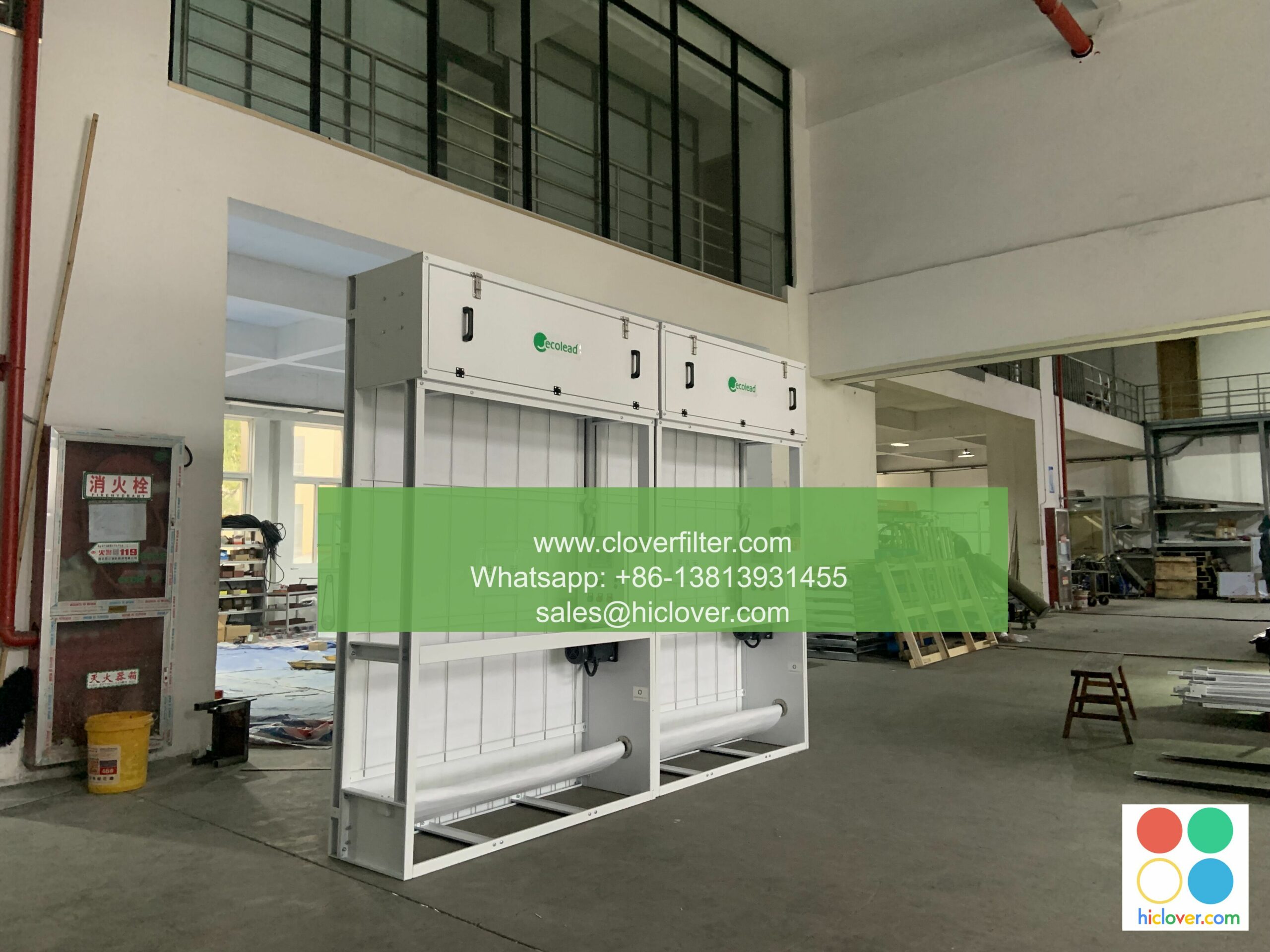The Importance of Air Filter Testing for Hospitals and Healthcare Facilities

Air filter testing is a critical aspect of maintaining a safe and healthy indoor environment in hospitals and healthcare facilities. The indoor air quality (IAQ) in these settings is crucial for the well-being of patients, staff, and visitors. Air filtration systems play a vital role in removing airborne contaminants, such as bacteria, viruses, and other microorganisms, which can pose a significant risk to human health. In this article, we will discuss the importance of air filter testing in hospitals and healthcare facilities, highlighting various application areas where HEPA filters, ULPA filters, and other types of air filtration systems are used.
Regulatory Requirements and Standards
Hospitals and healthcare facilities must comply with various regulatory requirements and standards, such as those set by the Centers for Disease Control and Prevention (CDC), the World Health Organization (WHO), and the American Society of Heating, Refrigerating, and Air-Conditioning Engineers (ASHRAE). These organizations provide guidelines for indoor air quality and air filtration systems to prevent the spread of airborne diseases and ensure a safe environment for patients and staff. Regular air filter testing is essential to ensure that the air filtration systems are functioning properly and meeting the required standards.
Types of Air Filtration Systems
There are various types of air filtration systems used in hospitals and healthcare facilities, including:
* HEPA (High Efficiency Particulate Air) filters: These filters are designed to capture 99.97% of particles as small as 0.3 microns, making them effective against bacteria, viruses, and other microorganisms.
* ULPA (Ultra Low Penetration Air) filters: These filters are designed to capture 99.9995% of particles as small as 0.12 microns, making them even more effective than HEPA filters in removing airborne contaminants.
* Activated carbon filters: These filters are designed to capture gases and odors, making them effective in removing volatile organic compounds (VOCs) and other airborne pollutants.
Application Areas
Air filtration systems are used in various application areas in hospitals and healthcare facilities, including:
* Operating rooms: HEPA filters and ULPA filters are used to create a sterile environment and prevent the spread of airborne infections.
* Intensive care units (ICUs): HEPA filters and ULPA filters are used to remove airborne contaminants and prevent the spread of infections in critically ill patients.
* Pharmacies: HEPA filters and ULPA filters are used to create a clean environment for the preparation and handling of medications.
* Laboratories: HEPA filters and ULPA filters are used to remove airborne contaminants and prevent the spread of infections in laboratory settings.
Benefits of Air Filter Testing
Regular air filter testing provides several benefits, including:
* Improved indoor air quality: Air filter testing ensures that the air filtration systems are functioning properly, removing airborne contaminants and improving the overall indoor air quality.
* Reduced risk of airborne infections: Air filter testing helps to prevent the spread of airborne diseases and reduces the risk of infections in patients and staff.
* Extended filter life: Regular air filter testing helps to identify when filters need to be replaced, extending the life of the filters and reducing maintenance costs.
* Compliance with regulatory requirements: Air filter testing ensures that hospitals and healthcare facilities are complying with regulatory requirements and standards, reducing the risk of non-compliance and associated penalties.
In conclusion, air filter testing is a critical aspect of maintaining a safe and healthy indoor environment in hospitals and healthcare facilities. Regular testing of HEPA filters, ULPA filters, and other types of air filtration systems ensures that these systems are functioning properly, removing airborne contaminants and preventing the spread of airborne diseases. By highlighting various application areas and emphasizing the importance of air filter testing, we can work towards creating a safer and healthier environment for patients, staff, and visitors in hospitals and healthcare facilities.
It looks like you’re ready to get started, but you haven’t given me a specific prompt to work with. Please feel free to ask me a question, provide a topic you’d like to discuss, or share a problem you’re trying to solve. I’m here to help with a wide range of subjects and tasks!
If you’re unsure where to begin, here are some ideas:
- Ask a question: Whether it’s about science, history, technology, or something else, I’ll do my best to provide a detailed and accurate answer.
- Explore a topic: Share a subject that interests you, and I can help you learn more about it, from the basics to advanced concepts.
- Generate text or ideas: If you’re looking for inspiration or need help with writing, I can assist with generating text, ideas, or even entire stories.
- Play a game or engage in a fun activity: We can play text-based games, have a conversation, or engage in a fun activity like “Would you rather…” or “Two truths and a lie.”
What sounds interesting to you, or do you have something specific in mind?

